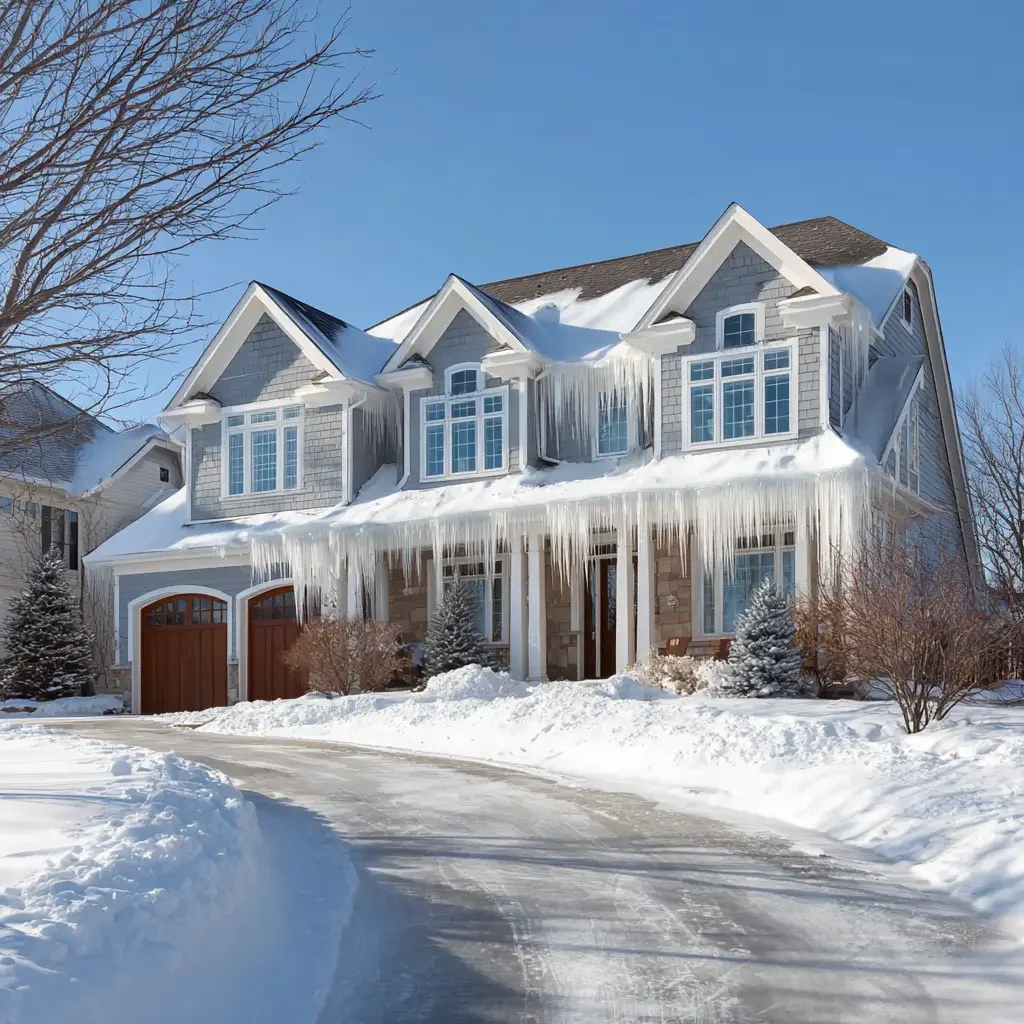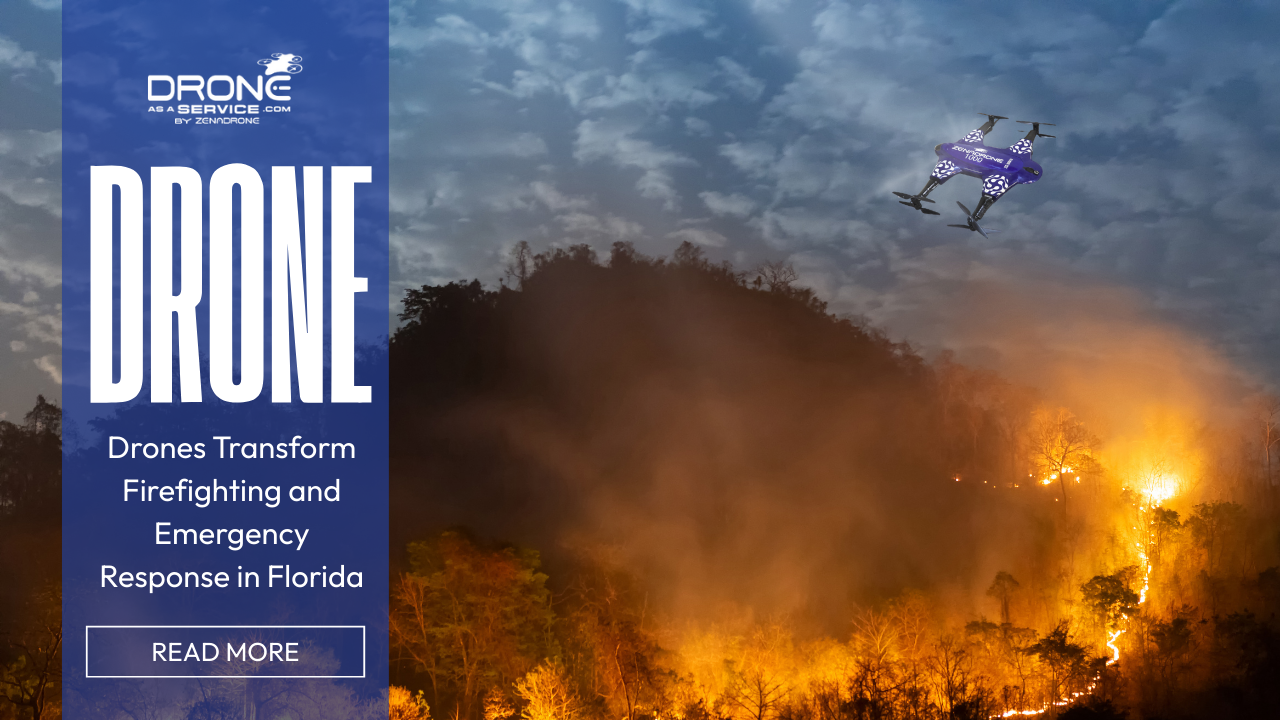When Is Hurricane Season in Puerto Rico? Know Before You Go
TLDR: Hurricane Season in Puerto Rico: What Tourists Need to Know
Runs June 1 to Nov 30; peak risk mid-August to late September.
Not every year brings a storm, but conditions are ripe annually.
Travel insurance and forecast monitoring are key.
Off-season travel means fewer crowds and lower prices—with some weather trade-offs.
Stay flexible, stay informed, and enjoy your trip safely.
Planning Your Trip Around the Tropics
If you’re dreaming of beaches, rainforest hikes, and culture-rich towns in Puerto Rico, timing your trip around hurricane season is a must. While hurricanes don’t strike every year, the risk is real enough to affect travel plans, especially if you're visiting during peak season.
In this blog, we’ll break down exactly when hurricane season hits Puerto Rico, what the risks really look like, how storms form, and how travelers can prepare without panic. We’ll also talk about why understanding this season matters—not just for safety, but for the quality of your trip.
When Is Hurricane Season in Puerto Rico?
Puerto Rico’s hurricane season officially runs from June 1 to November 30 each year. This aligns with the broader Atlantic hurricane season. But while the season technically lasts six months, the peak activity typically falls between mid-August and late September.
The island’s location in the warm Atlantic and Caribbean waters makes it especially vulnerable during that stretch. Historically, most significant storms (like Hurricane Maria in 2017) have hit in September.
Why Those Months Matter More Than Others
So, what makes August and September the hotspots for hurricanes?
It comes down to ocean temperatures and wind patterns. Warm water fuels hurricanes. By late summer, sea surface temps in the region are at their highest, giving storms the energy they need to grow. At the same time, atmospheric conditions often stabilize in a way that allows systems to organize.
During these months, even weaker storms can bring intense rain, flooding, and travel disruptions. Flight delays, beach closures, and power outages are all real possibilities.
Does Puerto Rico Get Hit Every Year?
No—but it doesn’t need to. Puerto Rico is in a hurricane-prone zone, but not every season brings a direct hit. Most storms either pass north or weaken before landfall. That said, the threat isn't theoretical. Maria, Georges, Irma, and Fiona are just a few of the names that left lasting impacts.
What travelers should understand is that while a hurricane strike is not guaranteed, the conditions for one are present each year. It’s about probabilities, not promises.
What Travelers Should Watch For
If you’re planning a trip between June and November, especially in August or September, here’s what matters:
1. Check NOAA Forecasts
The National Hurricane Center (NHC) issues daily outlooks during hurricane season. Look at the 5-day and 7-day forecasts for tropical activity before and during your trip.
2. Buy Travel Insurance That Covers Weather
Not all travel insurance policies cover weather-related cancellations. Make sure you’re covered for storm delays, evacuations, and trip interruptions.
3. Stay Flexible
Book refundable flights and hotels if possible. Some resorts in the Caribbean offer hurricane guarantees—worth checking out.
4. Understand the Alerts
Know the difference between a tropical storm watch, hurricane watch, and warning. A watch means conditions are possible. A warning means it’s expected.
5. Pack Smart
Include things like a flashlight, external charger, and cash. Local power outages can last days even from weaker systems.
How Hurricane Season Affects the Island Beyond the Weather
Hurricane season doesn’t just bring storms; it changes how Puerto Rico runs. Some businesses reduce hours or staff. Locals prep their homes and stores. Tourism may dip slightly in late summer, which can mean better prices for flights and lodging—if you're willing to take the weather risk.
You might also see more frequent rain showers, rougher seas, or murkier water clarity during this time. All things to consider if you’re planning a beach-heavy trip.
Should You Avoid Visiting During Hurricane Season?
Not necessarily. Many tourists visit Puerto Rico in the off-season and have no issues. June and early July, for example, often offer great weather and smaller crowds. The key is informed planning, not fear-based avoiding.
If you want to reduce risk: aim for May or early June. If you’re planning for the fall, just keep an eye on the forecasts, have a backup plan, and travel with awareness.
How Storms Are Tracked and Named
Storms in the Atlantic basin (which includes Puerto Rico) are named when they reach tropical storm strength (39+ mph winds). The NHC assigns names from a rotating list. Each storm is tracked by satellite, aircraft, and surface-level observation.
When systems show signs of strengthening near the Caribbean, updates come frequently—sometimes hourly. Travelers should bookmark the NHC site and sign up for alerts from local authorities or apps like FEMA and the Red Cross.
A Quick Word on Insurance and Storm Recovery
If a storm hits while you’re visiting or shortly before, it’s not just about vacation disruption. Homes and businesses across the island may face serious damage. That’s where public adjusters (like Shoreline Public Adjusters) come in—we help property owners recover financially by handling complex insurance claims.
Though our main offices are in Florida, we understand hurricane recovery inside and out. Whether it’s in Florida, Minnesota, Wisconsin, or Puerto Rico, strong storms don’t care about state lines.
Final Thoughts: Know the Season, Travel Smart
To recap, Puerto Rico’s hurricane season runs June 1 to November 30, with the highest risks from mid-August to late September. Storms don’t strike every year, but the odds rise during that peak.
Tourists can still enjoy the island during this time—as long as they plan smart, stay informed, and respect the weather.
Contact Shoreline Public Adjusters if you or someone you know needs help with a hurricane damage claim. We’re here to guide you through the storm.
Shoreline Public Adjusters, LLC
780 Fifth Avenue South
Suite #200
Naples, FL 34102Email: hello@teamshoreline.com
Phone: 954-546-1899
Fax: 239-778-9889






Got a lowball offer or a denied claim? In most cases, it's not too late to hire a public adjuster. Learn the state-specific deadlines and claim stages where a licensed public adjuster can still fight for a higher settlement on your behalf.